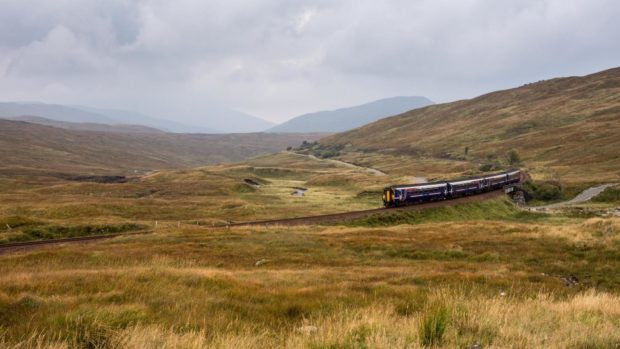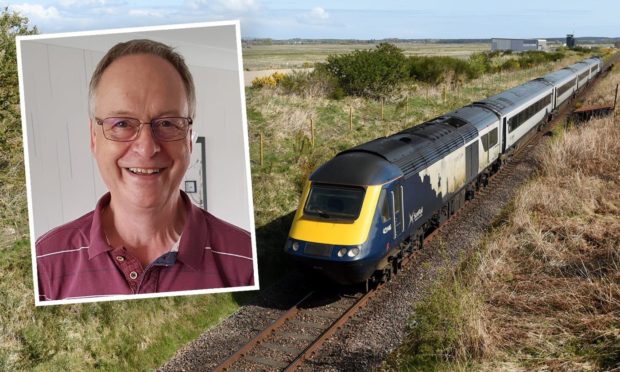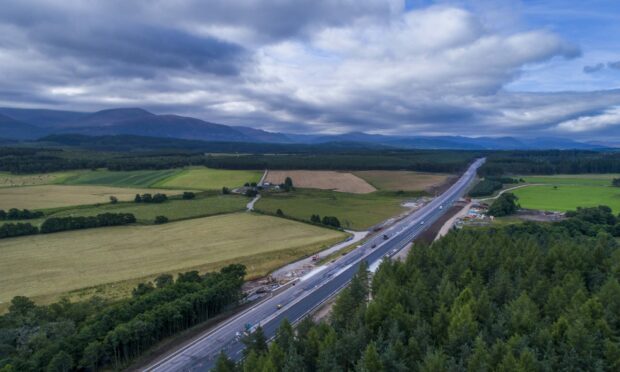A rail campaigner has questioned an “extraordinary intervention” by leading public sector figures in support of dualling the A9 and A96 roads.
Ian Budd, convener of the Friends of the Far North Line group, said a statement issued earlier this week by senior representatives from Highland Council, NHS Highland and the University of the Highlands and Islands, had been “disappointing”.
He said there was “no question” that trains offered the most “economical, efficient and least wasteful way to transport people and goods”, and that the focus of investment in the region should therefore be on rail upgrades, not roads.
Mr Budd was responding after Highland civic leaders joined forces on Monday with senior figures from the NHS and academia to demand the Scottish Government does not abandon its promises to dual the A9 from Inverness to Perth, and the A96 from the Highland capital to Aberdeen.
Amid fears the multibillion pound projects could be axed under a proposed power-sharing deal between the SNP and Scottish Greens, the group issued an “urgent appeal” to safeguard the high-profile infrastructure investments.
Trish Robertson, chairwoman of Highland Council’s economy and infrastructure committee, said it was not realistic to suggest the north could rely on rail, in the way other areas might be able to.
Mr Budd, who is helps lead the campaign for improvements to the railway line from Inverness to Thurso/Wick, questioned such remarks.
“Monday’s press release from the Highland Council demanding that the dualling projects for the A9 and the A96 be completed was an extraordinary intervention, given that it is universally agreed that rapid action is needed now to mitigate the worst effects of climate change and to reduce our use of scarce resources,” he said.
“The issue they address is how best to spend around £10,000 million on transport in the Highlands.
“By far the best way to achieve the economic recovery, prosperity and green future mentioned in the press release is to provide high-capacity, electrified, intercity railways from Inverness to the south and to Aberdeen.
“Until this is completed there can be no significant modal shift because the capacity of these mostly single-track railways is woefully inadequate.”

Responding to the statement made on Monday, Mr Budd said there was “no ‘connectivity’ benefit to dualling roads that are already there”, and that the issue of “safety” points “clearly to transferring as much traffic as possible to rail, which has an average annual fatality rate in single figures – in many years zero”.
He added: “Roads cannot compete with rail in terms of speed or weather resilience.
“There is no question that the most economical, efficient and least wasteful way to transport people and goods is by rail.
“It is disappointing to see this from the Highland Council at a time when we need convincing leadership from both national and local government – especially when modal shift to rail is Scottish Government policy.”

